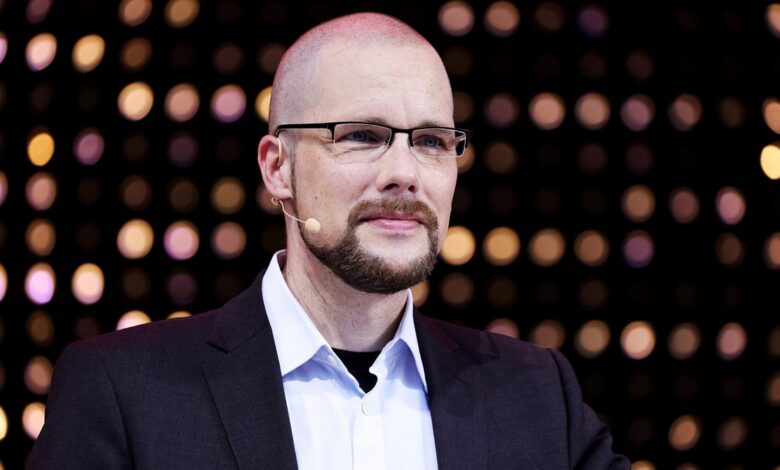Meet Aleph Alpha, Europe’s Answer to OpenAI

The interest Aleph Alpha has received so far—the company claims 10,000 customers across both business and government—shows it is able to compete, or at least coexist, with the emerging giants of the field, says Jörg Bienert, who is CEO of the German AI Association, an industry group. “This demand definitely shows it really makes sense to develop and provide these types of models in Germany,” he says. “Especially when it comes to governmental institutions that clearly want to have a solution that is developed and hosted in Europe.”
Last year, Aleph Alpha opened its first data center in Berlin so it could better cater to highly regulated industries, such as government or security clients, that want to ensure their sensitive data is hosted in Germany. The concern about sending private data overseas is just one reason it’s important to develop European AI, says Bienert. But another, he says, is that it’s important to make sure European languages are not excluded from AI developments.
Aleph Alpha’s model can already communicate in German, French, Spanish, Italian and English, and its training data includes the vast repository of multilingual public documents published by the European Parliament. But it’s not only the languages the company’s AI speaks that emphasize its European origins. The emphasis on transparent decision-making is part of an effort to combat the problem of AI systems “hallucinating,” or confidently sharing information that is wrong.
Andrulis jumps at the chance to demonstrate how Aleph Alpha’s AI explains its decisions. When he asks Aleph Alpha’s AI model to describe the protagonist in H. P. Lovecraft’s short story, The Terrible Old Man, the AI replies: “The terrible old man is described as exceedingly feeble, physically and mentally.”
Andrulis shows me how he can click on each of the words in that sentence to trace what informed the AI’s decision to say what it said. If Andrulis clicks on the word “mentally,” the AI refers him to the bit of text in the short story that informed that decision. This feature also works with images, he says. When the AI describes an image of the sun setting over Heidelberg, he can click on the word “sunset” and the AI again shows its workings—drawing a square around the part of the image where the horizon fades into layers of reds and yellows.
Even to AI experts, this feels new. “They have started experimenting with trustworthy AI features, such as explainability, that I haven’t seen before,” says Nicolas Moës, director of European AI governance at the Future Society think tank.
Moës believes these kinds of features could become more widespread once the EU passes its AI Act, sweeping legislation that is expected to include transparency requirements. Trade bodies, including the German AI association, complain that overly broad and onerous rules could slow Europe’s efforts to create a homegrown AI giant, forcing startups to focus on complying with the new rules instead of on innovation. But Moës argues the opposite, saying stricter rules could help European AI companies build better products and create a kind of standard of quality, echoing the success of other tightly regulated European industries. “The reason why German cars are seen as better is because there is a whole testing process,” he says.




